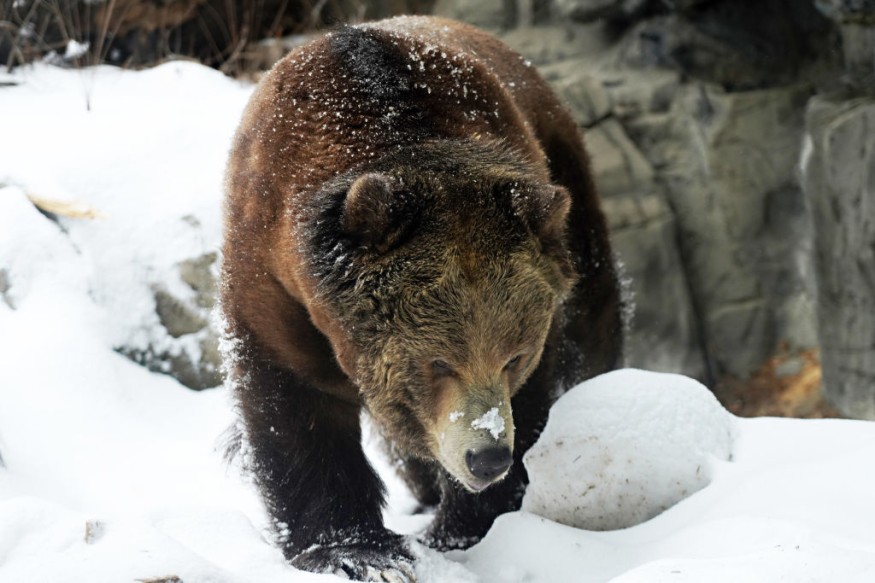
In a concerning incident last year, a gathering in North Carolina led to an outbreak of a rare parasitic infection known as trichinellosis.
The Centers for Disease Control and Prevention (CDC) recently reported that 10 out of 34 people surveyed had symptoms linked to consuming undercooked bear meat during a November event in western North Carolina.
Trichinellosis Outbreak Linked to Undercooked Bear Meat in North Carolina
According to the CDC's findings, 22 of the 34 surveyed individuals admitted to eating undercooked bear meat at the gathering. Among these individuals, 10 showed symptoms of trichinellosis, a disease caused by consuming the larvae of parasitic roundworms from the genus Trichinella.
Symptoms can vary but often include facial swelling, muscle aches and fever. Specifically, the report noted that nine patients experienced facial swelling, six had muscle pain and four reported fever, said NBC News.
Trichinella infections can occur when people eat meat that contains the larvae. After consumption, these larvae grow into adult worms in the intestines and release new larvae into the bloodstream, which then travel to muscles and form cysts.
The infection can lead to uncomfortable symptoms such as nausea, diarrhea, chills and headaches. In severe cases, it can cause serious complications affecting the heart and lungs, and could even be fatal.
Interestingly, blood tests for Trichinella antibodies conducted on five of the symptomatic individuals returned negative. However, the report stated that accurate diagnosis typically requires blood testing after the individual has recovered. Unfortunately, none of the individuals returned for this follow-up testing.
Access to Treatment Limited for Trichinellosis Patients
During the outbreak, most individuals who exhibited symptoms received prescriptions for albendazole, a medication used to treat worm infections. However, financial challenges limited some individuals' access to treatment, as the cost for a treatment course can reach around $100.
Despite the mild symptoms experienced by many, trichinellosis can lead to severe health problems if not addressed properly. Historically, this infection has been associated with undercooked pork, but improved regulations have significantly reduced this risk.
Today, most cases are linked to undercooked meat from wild animals, including bears, boars and even seals.
Earlier this year, a similar incident was reported involving a family in North America who fell ill after consuming barbecued kabobs made from black bear meat. Such cases serve as reminders of the potential risks involved in consuming wild game.
In the United States, it is legal to possess and consume bear meat, although selling it is often prohibited. Many hunters believe that meat from black and brown bears can be quite tasty, provided the animal's diet consists of non-fish items.
Nevertheless, it is crucial to ensure that this meat is cooked thoroughly. According to the CDC, cooking wild game to an internal temperature of at least 165°F (74°C) is necessary to kill parasites and reduce the risk of infection.
© 2026 ScienceTimes.com All rights reserved. Do not reproduce without permission. The window to the world of Science Times.










